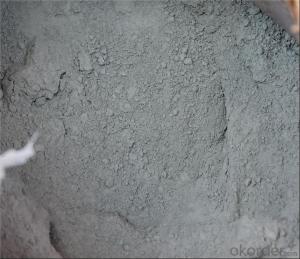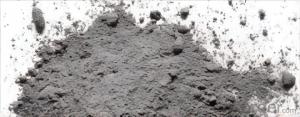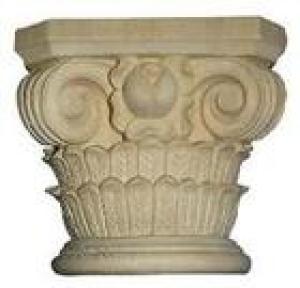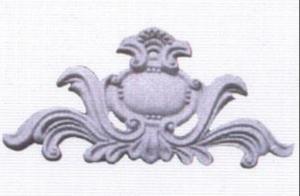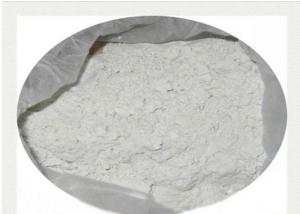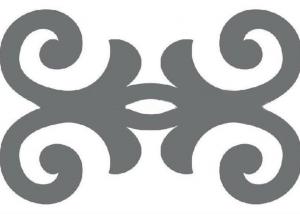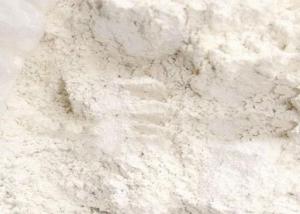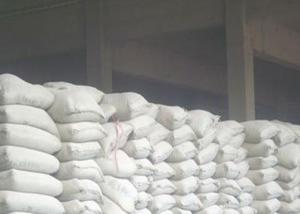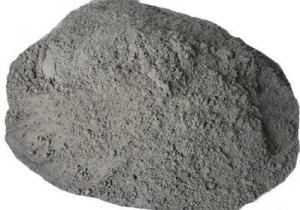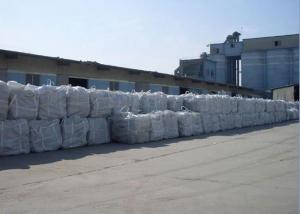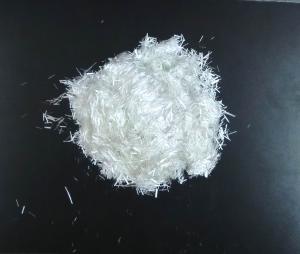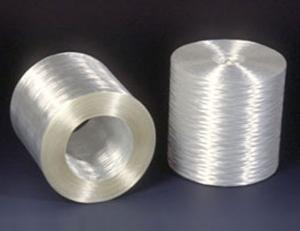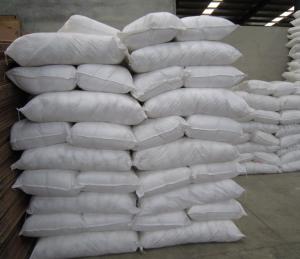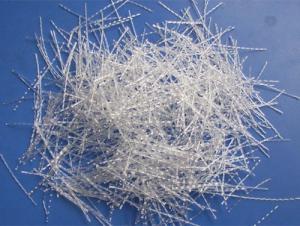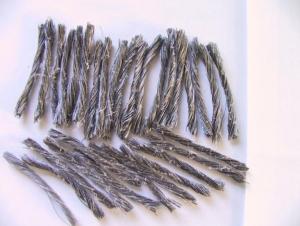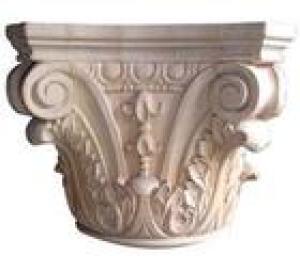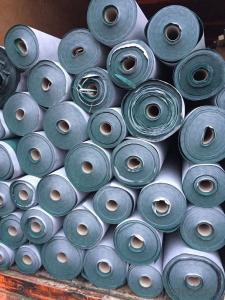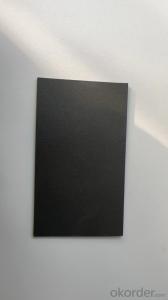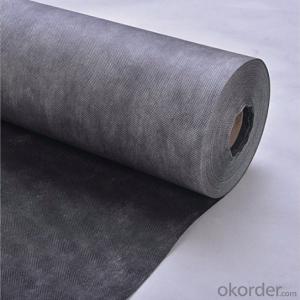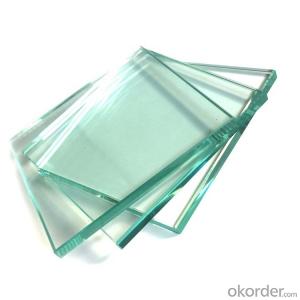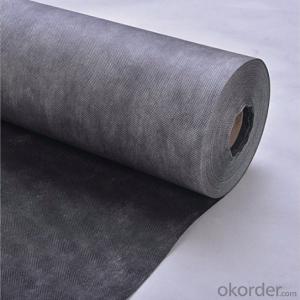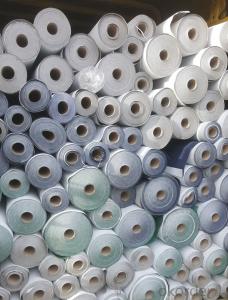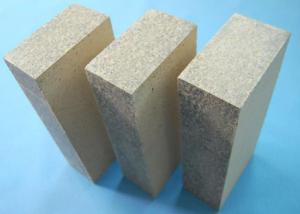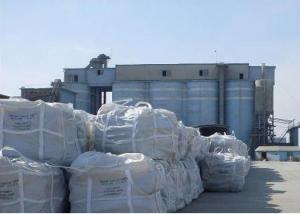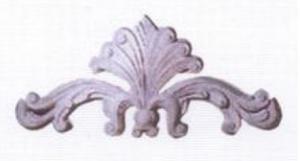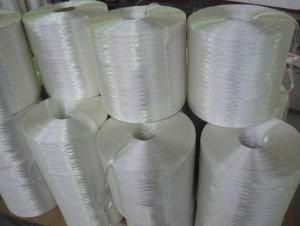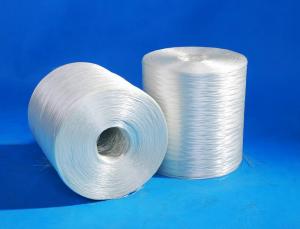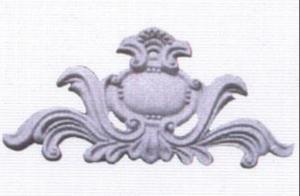Highest quality for Portland cement CEM I 52.5N
- Loading Port:
- China main port
- Payment Terms:
- TT OR LC
- Min Order Qty:
- 1000 m.t.
- Supply Capability:
- 500000 m.t./month
OKorder Service Pledge
OKorder Financial Service
You Might Also Like
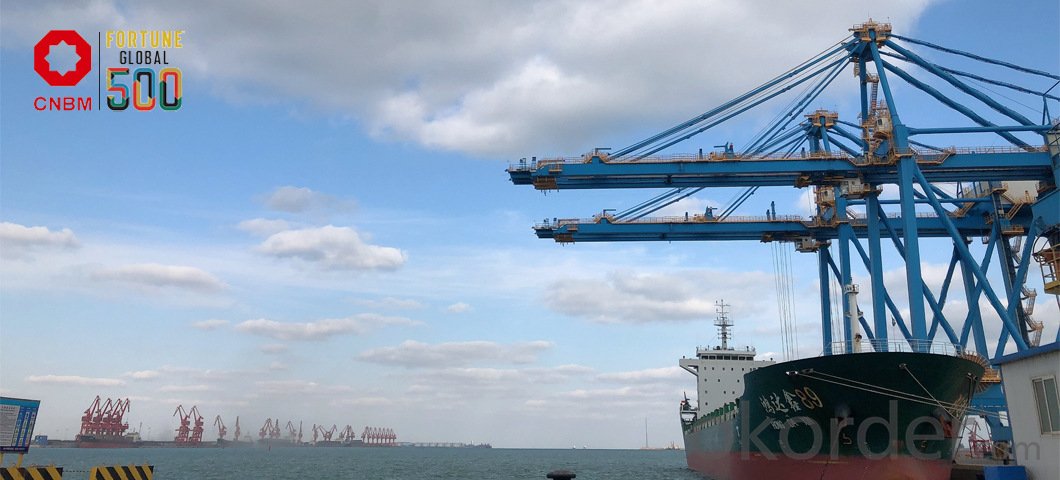
PORTLAND CEMENT
Portland cement is the most common type of cement in general use around the world, used as a basic ingredient of concrete, mortar, stucco, and most non-specialty grout.
It is a fine powder produced by heating materials in a kiln to form what is called clinker, grinding the clinker, and adding small amounts of other materials.
Several types of Portland cement are available with the most common being called ordinary Portland cement (OPC) which is grey in color, but a white Portland cement is also available.
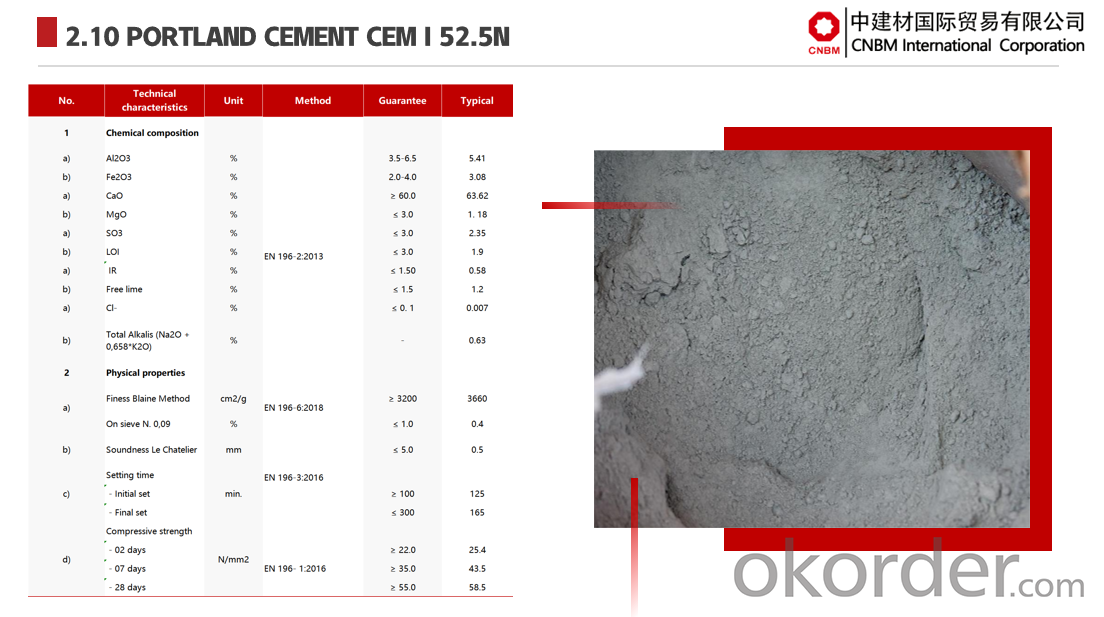
Application
CNBM Cement can be used for all types of architectural or structural concrete construction. Such application as pre-cast panels and systems, cast-in-place, masonry units, tilt-up panel systems, roofing tiles, terrazzo floors, highway median barriers, tile grout, swimming pools, stucco, culture stone,colored masonry products, cement paints and coatings, and ornamental precast concrete items.
CNBM INTERNATIONAL CORPORATION (short for the Company) is a subsidiary of China National Building Material Group Co., Ltd. (short of CNBM Group). China National Building Material Group is a state owned enterprise under directly management of the State-owned Assets Supervision and Administration Commission of the State Council, and ranked 187 in the world's top 500 in 2019. China National Building Materials Group is the world's largest comprehensive building materials industry group, the world's leading new material developer and comprehensive service provider, and has the strongest scientific research strength in the field of building materials and non-metal new materials. CNBM INTERNATIONAL CORPORATION is a brand-new platform built by China National Building Materials Group that focuses on non-metallic materials trading.
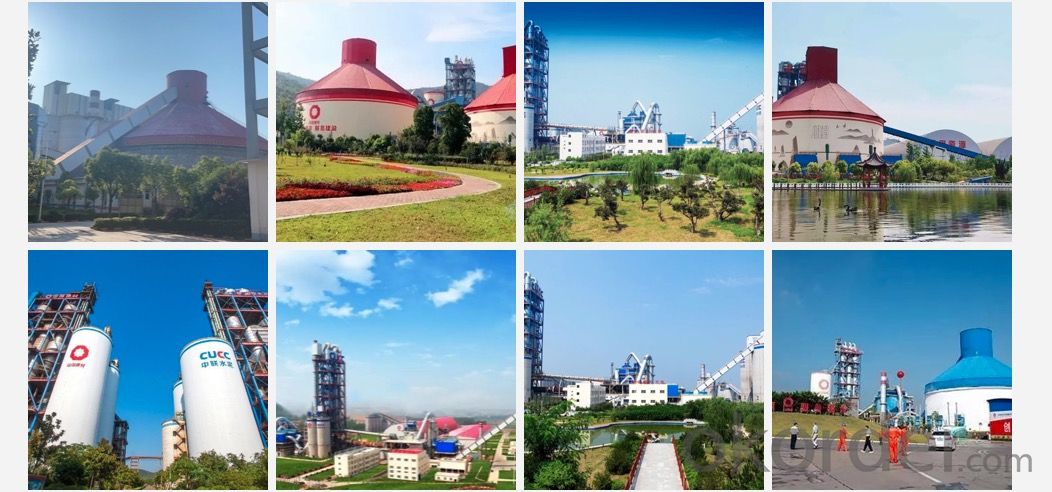
Q:Are you a trading company or manufacturer?
A:CNBM is a large-scale central governmental industrial group with its own manufacturing sector, research and development sector, trading sector and logistics sector.
Q:I have some special requirement about specifications.
A:We have a well-rounded product range, which endows us with the capability of applying many special specifications. Please feel free to contact us with yours.
Q:Do you accept OEM service?
A:Yes, we do.
Q:What is your delivery time?
A:It depends on the size/complexity of your order and our own production schedule. Usually we provide a faster delivery than the industry's average.
Q:What is the payment term?
A:TT and LC are both Okay.
Q:Can I have my own logo on the product?
A:Sure, we can apply your own logo on the products according to your drawings.
- Q:I made extra cement that I don't want to throw out. I will be using it again in 22hrs, if I can. It got dark out before I could finish my job so my ? Is how to keep it ready for tomm. I'll be at work all day and can't keep adding water to it
- There is no way you can extend the life of concrete by 22 hours by adding water. The addition of water to temper, extend the workable life, of concrete significantly reduces the concrete strength. I have no idea how adding water to cement would react but I would guess it would be the same. By the way, cement is the soft stuff and concrete is the hard stuff. Once the initial water is added to a concrete mix it starts to set up. Concrete is said to cure, gain a very high percentage of its strength, in 28 days. A high percentage of the strength is gained between the 3rd and 7th days. Freezing the mix will not only ruin the concrete its ultimate strength would be very close to zero. A effects of a super plasticizer lasts for 30 to 60 minutes depending on the dosage and the concrete mix. After the effects wear off there is a rapid loss in workability. I can not see how this would help you. (That is for concrete super plasticizer I have no idea what a mortar plasticizer would do but I don't think it has ever been tried in a concrete mix.)
- Q:I want to do a flooring of my new house by Cement:Sand (1:3)ratio and would like to know the quantity of cement needed per square meter for plastering. The floor thickness will be 2~3mm.
- You need to calculate the volume of your floor Assume a 1 square meter area and assume the thickness is .3 mm (not .2) The volume would then be = 0.0003 m x 1 m x 1m = 0.0003 cubic meters Volumetricly, you need 1/4 part concrete + 3/4 parts sand to equal 0.0003 cubic meters. The concrete volume would then be 0.000075 cubic meters concrete per 1 square meter of floor (at .3 mm thickness).... or 75 cubic centimeters per sq meter The density of Portland cement is about 3 g per cubic centimeter therefore 3 g/cm3 * 75 cm3 = 225 grams or 0.225 kg of cement per square meter of floor
- Q:How long does it take cement to dry?
- First of all it is concrete not cement and second of all it doesn't dry, it cures. It is a chemical reaction, it does not just simply dry out like mud brick. Given that, there are too many variables to take into account, thickness, environmental conditions, the exact formula of the concrete mix, etc.
- Q:Firstly, regarding concrete testing, is Mass Per unit Volume and Unit Weight of concrete the same? (they've both got the same unit kg/m3)In the lab of concrete testing, I was required to calculate the cement content (kg/m3), aggregate content (kg/m3) and free water content (kg/m3). I have the weights of cement, aggregate or free water, however, I don't have the volume of the concrete. How can these be calculated? Can someone please enlighten me? Thank you very much.
- ok you need the weight of cement, fine and coarse aggregates, and water. then you will need the density of each. for cement, the number varies between 2.8 and 3.1. For aggregates, I'm not sure, I guess it's around 1.7. water is 1. you can consult a good book about concrete technology. I have portland association book. But most of my friends use Neville's.
- Q:My driveway is a gravel hill and there is a large drop off about 15-20ft wide, pretty much takes up the whole drive way, and its just where the cement stops and drops off kinda. Well my plan is to fill up under the drop off and just smooth it out a bit. I would like to use something that cars can drive over, but more importantly some thing that will dry within a couple of hours. There are about 10 or 15 houses that use the same drive way and I plan to do my work at night, as not to disrupt people and be in their way. Thanks!!
- Try adding the cement to 1/2 the driveway at a time, allowing 3 days cure time. This will allow access throughout the process with only minor inconvenience.
- Q:Tableware kitchen, epoxy resin can? Specific paint name and processing process, thanks for the
- Cement board is a cement as the main raw material processing and production of a building plate, is a between the gypsum board and stone, free cutting, drilling, carving of the building products, with its superior to gypsum board, wood fire , Waterproof, anti-corrosion, pest control, sound insulation and far lower than the price of stone and become the construction industry widely used in building materials
- Q:i was in sally's the other day and i saw hair cement and i read the directions and stuff but i still dont understand what it is like does it wash out and like is it like dye?
- It's like a hair gel
- Q:Quartz Arenite, Shale, Carbonatite, Greywacke, Limestone, Arkose, Altered Granite or Rhyolite?
- Limestone is used in Portland cement. Powdered clay is mixed with powdered limestone and heated in a revolving kiln. This produces cement which is then combined with water, crushed rock and sand before pouring.
- Q:I inhaled Elmer's rubber cement for around 1-2 minutes. I feel so stupid and regret it so much. I didn't know what would happen, and just wanted to try it. So now I've been searching if you can die, and all the effects. I was just wondering what will happen . Should I call 911?
- If you snorted it in then most probably since you won't be able to breathe..... But if you simple inhaled, then no, since I had to work around rubber cement for 30 minutes.
- Q:what is composition of cement?
- t depends on exactly what kind of cement you are referring to. Portland cement is the most common kind, and it has several types with slightly different compositions. There are four major compounds in cement and these are known as C2S, C3S, C3A C4AF, and their composition varies from cement to cement and plant to plant. Type 2 portland cement is cement that has been modified to have better resistance to sulfates - a great quality to have if the concrete you're making ends up being in contact with soil containing a lot of sulphur like in the Western part of the U.S. It about the same price as type 1, but has some other limitations. Here is the breakdown of its chemical makeup (by mass %): 51% - C3 S 24% - C2 S 6% - C3 A 11% - C4 AF 2.9% - MgO 2.5% - SO3 0.8% - Ignition loss 1.0% - free CaO The extent of chemical compounds in cement S no Compound Composition as % 1 C3S 48-52 % 2 C2S 22-26 % 3 C3A 6-10 % 4 C4AF 13-16 % 5 Freelime 1-2 %
1. Manufacturer Overview |
|
|---|---|
| Location | |
| Year Established | |
| Annual Output Value | |
| Main Markets | |
| Company Certifications | |
2. Manufacturer Certificates |
|
|---|---|
| a) Certification Name | |
| Range | |
| Reference | |
| Validity Period | |
3. Manufacturer Capability |
|
|---|---|
| a)Trade Capacity | |
| Nearest Port | |
| Export Percentage | |
| No.of Employees in Trade Department | |
| Language Spoken: | |
| b)Factory Information | |
| Factory Size: | |
| No. of Production Lines | |
| Contract Manufacturing | |
| Product Price Range | |
Send your message to us
Highest quality for Portland cement CEM I 52.5N
- Loading Port:
- China main port
- Payment Terms:
- TT OR LC
- Min Order Qty:
- 1000 m.t.
- Supply Capability:
- 500000 m.t./month
OKorder Service Pledge
OKorder Financial Service
Similar products
New products
Hot products
Hot Searches
Related keywords
